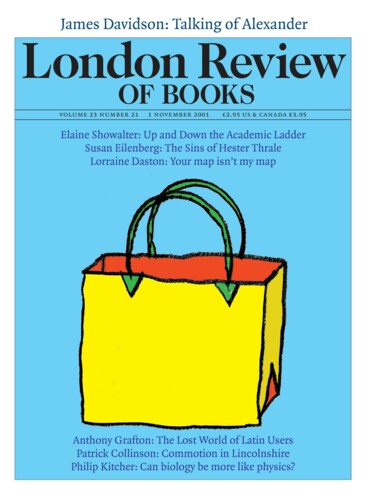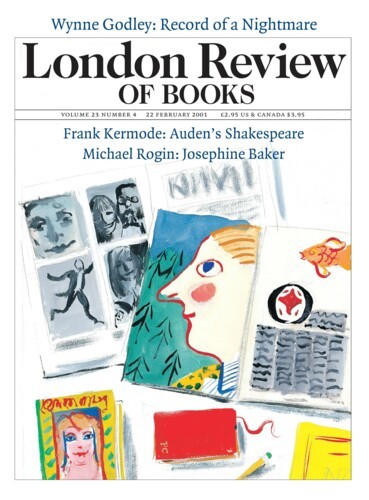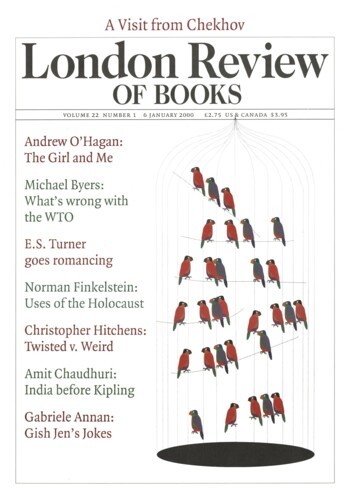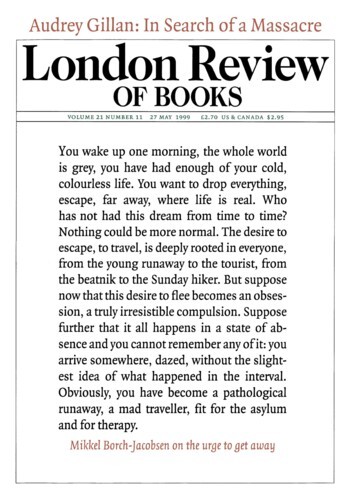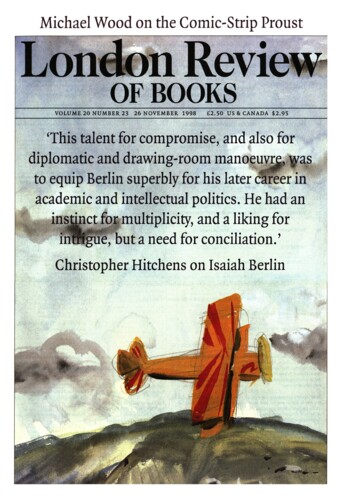Diary: What Explosion?
Paul Seabright, 1 November 2001
On 21 September, the day of the explosion, I should not have been in Toulouse at all. I was due to be in America, where a conference that involved many people flying long distances was being held in a defiant gesture of business as usual. My excuse seemed curiously convenient. ‘You fell off a bridge?’ There were no external traces, barely even a bruise, just a tendency to wince...
